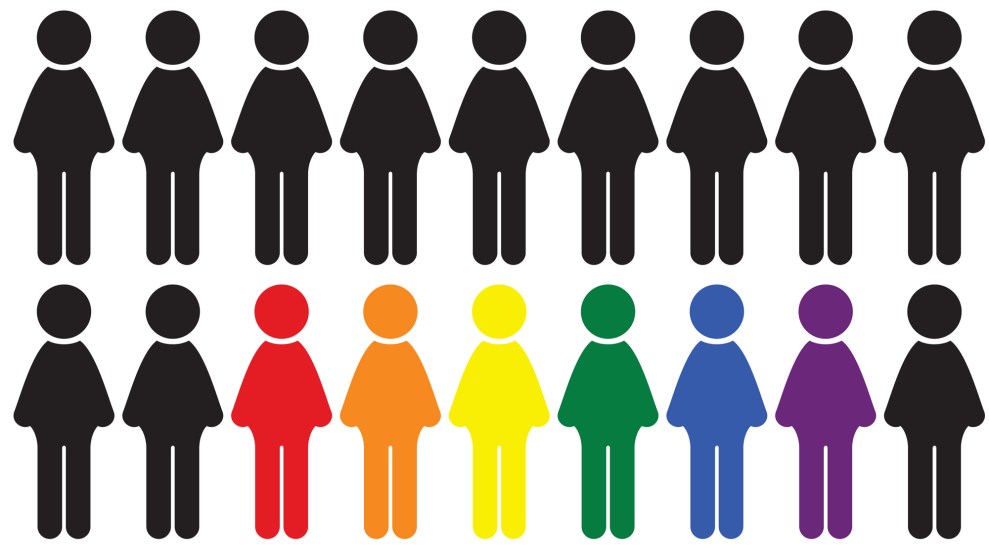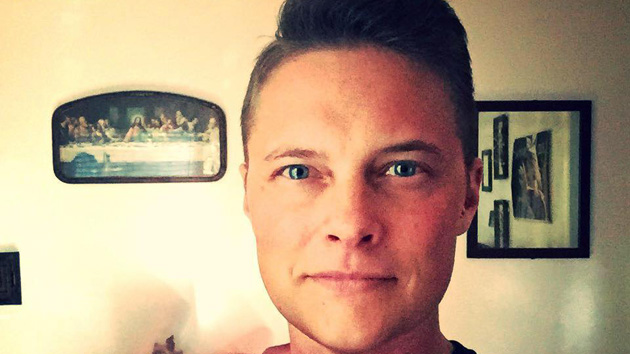
Sarah McBride speaks to the Democratic National Convention Thursday.Screenshot from ABC 15 Arizona
On the final day of the Democratic National Convention, Sarah McBride used her position as the first transgender person to speak at a major-party convention to argue that despite advances in LGBT rights, the fight for equality must continue.
“Will we be a nation where there is only one way to love, only one way to look, and only one way to live?” McBride asked the audience, which included the largest transgender delegation in convention history.
The 25 year-old Delaware native, who is the national press secretary for the Human Rights Campaign, made headlines in April after she posted a photo of herself from inside a women’s bathroom in a government building in Charlotte, North Carolina, defying a controversial state law that mandates people use the bathrooms that match the biological sex they were assigned at birth.
During her convention remarks, McBride made a passionate plea for the rights of the transgender community, stressing the need for trans people to be seen as humans instead of as unfeeling symbols of the culture wars. “I worried that my dreams and identity were mutually exclusive,” she said, referring to her life prior to coming out as transgender. “Since then I’ve seen that change is possible.”
In a speech introducing McBride, New York congressman Sean Patrick Maloney, one of the six openly gay co-chairs of the congressional LGBT caucus, spoke about the importance of marriage equality to his family and argued that Clinton was the only candidate who would ensure LGBT rights were protected.
“I realized our family, our love, was no longer less than,” he said of last year’s Supreme Court ruling legalizing same-sex marriage. “It’s a beautiful thing when your country catches up to you.”
LGBT rights have been a prominent topic during this week’s Democratic National Convention, with the Democrats openly supporting the passage of the most LGBT-inclusive platform in party history and setting up all-gender restrooms inside Philadelphia’s Wells Fargo Center. The GOP platform adopted at last week’s Republican National Convention calls for a constitutional amendment overturning marriage equality, endorses the discredited conversion therapy, and supports states’ abilities to pass restrictive bathroom laws similar to North Carolina’s.
That contrast was not lost on McBride. “Hillary Clinton understands the urgency of our fight,” she said.














